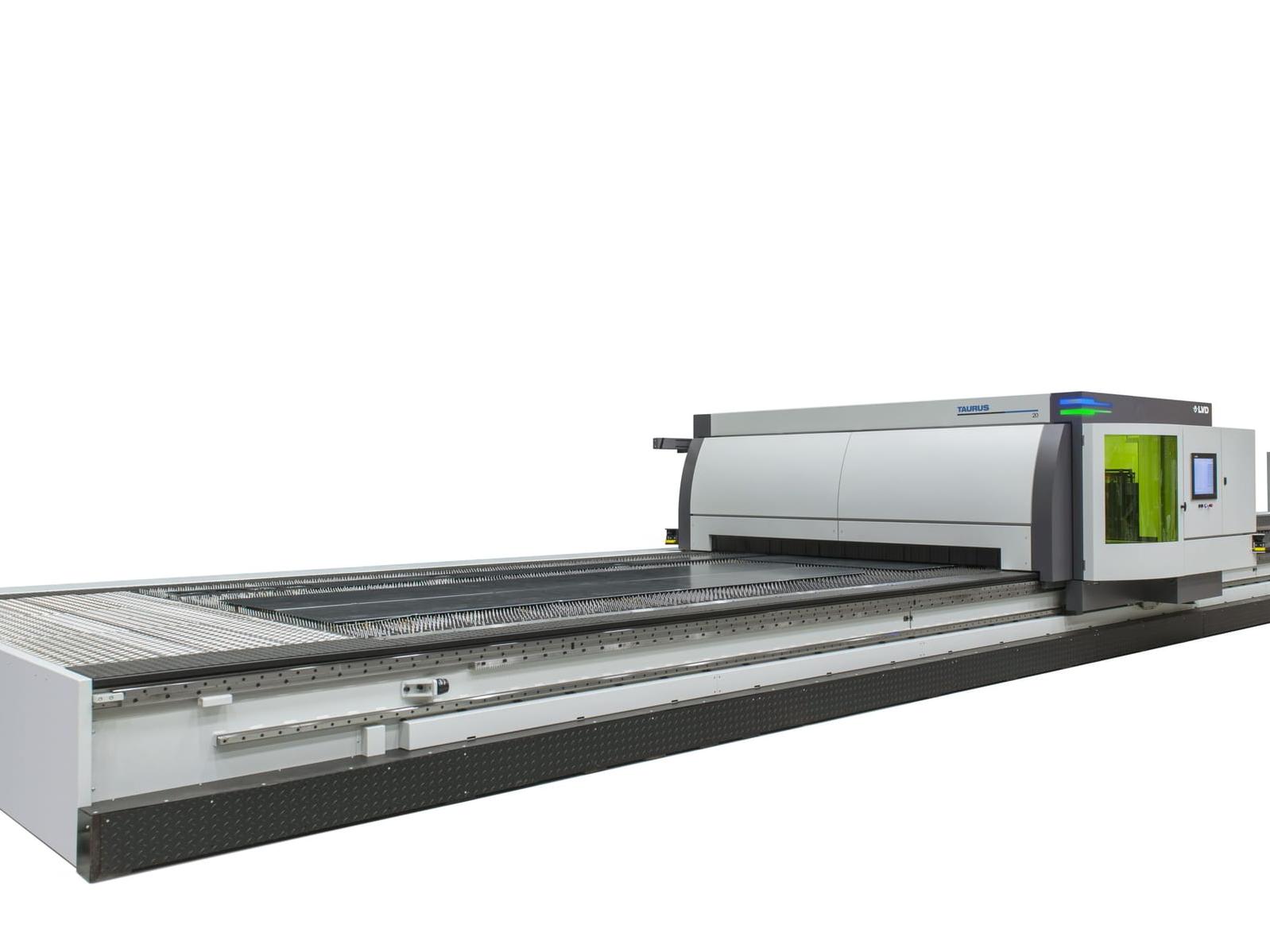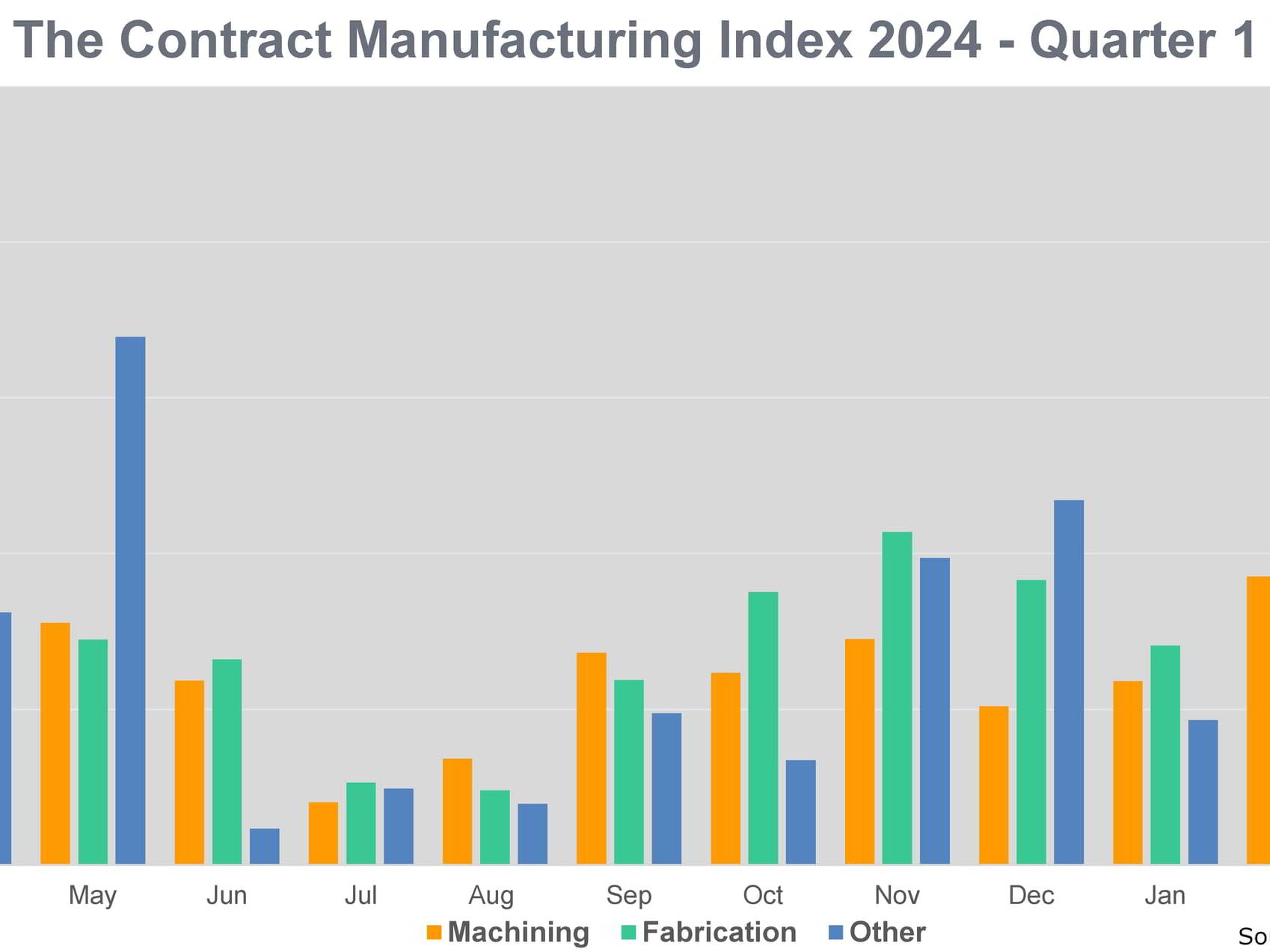Play it cool
As a productivity enhancer, the correct choice of coolant is a decision that cannot be underestimated.
As a productivity enhancer, the correct choice of coolant is a decision that cannot be underestimated, yet in terms of emphasis, it is often it is the poor relation in the equation – languishing in third place behind machine and cutting tools. Fortunately, here in the UK there's a wealth of expertise to tap into and the message is definitely getting through as Dave Tudor found when he visited East Sussex-based Jemtech. Although Jemtech's product portfolio encompasses a small range of cutting tools, its true expertise and heritage is firmly anchored in the field of metalworking fluids and associated products, based on a long association with Blaser Swisslube – a leading global manufacturer and developer of water miscible coolants and neat cutting oils for which Jemtech is the sole UK and Ireland distributor. Jemtech is a family-run business and wholly-owned by Steve and Sue Coull with 14 members of staff providing sales, support and service to a national network of customers across the UK. Very complementary Despite Blaser cutting oils taking centre stage, a range of complementary products from other manufacturers have also been very successful. Belt skimmers from Italian manufacturer Fe-ol are designed to remove tramp oils (hydraulic and slide way oils) that enter the coolant sumps of machine tools. This ensures that water soluble cutting fluids retain their designed characteristics, which in turn extends the life of the coolant, reduces waste and fluid consumption, minimises unpleasant odours, helps keep the machine tool clean and ultimately increases cutting tool life. From a health and safety standpoint, Cleanmist centrifugal oil mist and smoke extraction units – also exclusively available from Jemtech – are an effective way of removing unwanted and hazardous vapour from machine tool environments. As Jemtech's managing director Steve Coull points out, legislation is rightly so, very much centred around operator safety. “A patented venturi design efficiently filters airborne mist, removes oil droplets and returns clean air into the shopfloor environment,” he says. “Although far from being rocket science, these units, which are attached to the machine tool itself, have been very successful for us – so much so that we're now the largest distributor of Cleanmist products globally.” The Cleanmist range comes in a variety of different capacities to suit specific environments, from the CM300 with has an airflow capacity of 300m³/h up to the CM2300 which handles 2,300m³/h. Time well spent On the subject of productivity, Mr Coull believes that more care in the selection of the correct cutting fluid is definitely time well spent. “It still amazes me that companies are quite prepared to spend £250,000 on a new machine tool, thousands of pounds on cutting tools and significant amounts on CAD/CAM software yet still opt for a coolant that costs £1 a litre,” he reveals. “At that price, the coolant is going to be almost entirely composed of water and just about all you're going to get is a load of rusty components. “It's not unusual,” he continues, “to find companies spending ten times more on tooling than they do on coolant and that really is false economy. Just 5% taken off the tooling expenditure and spent wisely on cutting fluids will not only result in longer tool life, but also increased cutting data due to efficient lubricity and stability.” And these are not simply statistics plucked out of thin air. At Blaser's headquarters in Hasle-Ruegsau, Switzerland, two modern 3-axis machining centres were acquired specifically to carry out cutting trials. Its claim is that with the correct choice of coolant, machine tools can be driven harder and faster – often by factors of up to 30% and tool life can be doubled relatively easily. “Customers also need to consider the true cost of non-conformance,” Mr Coull affirms. “Many of our clients operate in specialised sectors such as aerospace, medical and motorsport where use of exotic – and therefore expensive – materials is commonplace. Something like a broken tap that occurs during the manufacturing process because the coolant isn't man enough for the job, can effectively write-off an expensive component – or at best result in time consuming and complex rework. It's at that point that you realise that coolant sold at £1 a litre isn't such a good idea after all. “The hard facts that we can present to customers often educates our customers,” Mr Coull adds. “We work closely with many of the leading machine tool and cutting tool manufacturers with a view to making our customers more productive. At the end of the day, that's the bottom line.” The whole hog Jemtech's latest addition to its product line is WaterHog – a UK manufactured waste fluid evaporation system designed to reduce waste volume to a minimum by an evaporation process that removes the water content from emulsion waste – such as coolant – returning it into the atmosphere as steam. “In principal, WaterHog operates like a huge kettle,” Mr Coull advises. “The concept was used originally in the jam making industry of all things but basically it's a stainless steel enclosure with 800 litre capacity containing three powerful elements, occupying a compact footprint of 1m x 1.50m x 1m. Units similar to the WaterHog unit have been available in the USA for many years and are a proven and effective way to dispose of waste fluids.” He elaborates: “When you consider that 90-95% of coolant is water-based, once a quantity has been used it needs to be disposed of, and because the cost of disposal is calculated by volume, this can get very expensive. The WaterHog system reduces 800 litres of waste coolant at a rate of between 50-70 litres an hour, so generally speaking, the process can be completed overnight and when taking into account lower off peak electricity, the investment becomes even more economical. “Once complete, all that should be left is neat waste oil,” he adds, “and this can be stored up over a period of time and disposed of accordingly – and much less often.” In support, Mr Coull cites the following hypothetical example of a company needing to dispose of 38,000 litres of waste coolant a year. The costs paid by the company to dispose of this volume of waste would generally be around £7,265 (20p per litre plus an annual waste certification charge of £25). After installation of the unit the company's costs would be reduced substantially to just £1,056 which includes disposal costs, electricity costs and certification charges. This equates to a saving of £6,569 during the year. By adding in the cost of the WaterHog unit, payback on the investment will be achieved in less than two years. “Jemtech has secured global distribution rights for the WaterHog product,” Mr Coull concludes. “To help spread the cost, we can even arrange easy payment terms.” Jemtech
www.jemtech.co.uk














